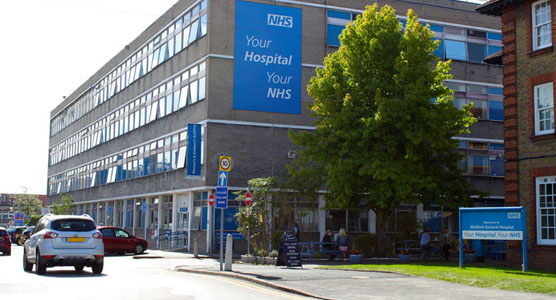
Watford General Hospital A&E
How Can We Help?
We offer a range of support to meet your needs, including:
- Time and space to talk
- Emotional and practical support
- Information and advice
- One-to-one listening and support
- Help to create an action plan, if needed
- Access to our Nightlight Crisis Services
- Signposting to other services for help with benefits, housing, employment, and more
- Referrals to Herts Mind Network, Mind in Mid Herts, and other voluntary sector services
- Liaison with the Crisis Resolution and Home Treatment Team when appropriate
Areas We Cover
Our workers are based at both Lister and Watford General Hospital A&E Departments.
We support any Hertfordshire resident aged 18+.
Onward Support
Our Nightlight Crisis Cafés and Crisis House provide a safe haven for those in crisis. Whether you need some ‘time out’ or someone to talk to, we’re here to listen without judgement.
The A&E Link Workers are part of the Nightlight Service. They help adults transition from the hospital to a calmer, quieter environment.
At the Nightlight Cafés, we offer:
- Emotional support
- Advice and information
- Help with crisis resolution and coping strategies
- Practical help, problem-solving, and resilience-building
- Signposting and onward referrals
- Intensive non-residential crisis support
How to Refer
Referrals to the A&E Link Workers must come through A&E staff, the Mental Health Liaison Team, or other hospital staff.
The best way to directly access our crisis services is through the Nightlight Crisis Service.
Contact us on 01923 256391 or at nightlight@hertfordshiremind.org to learn more.
